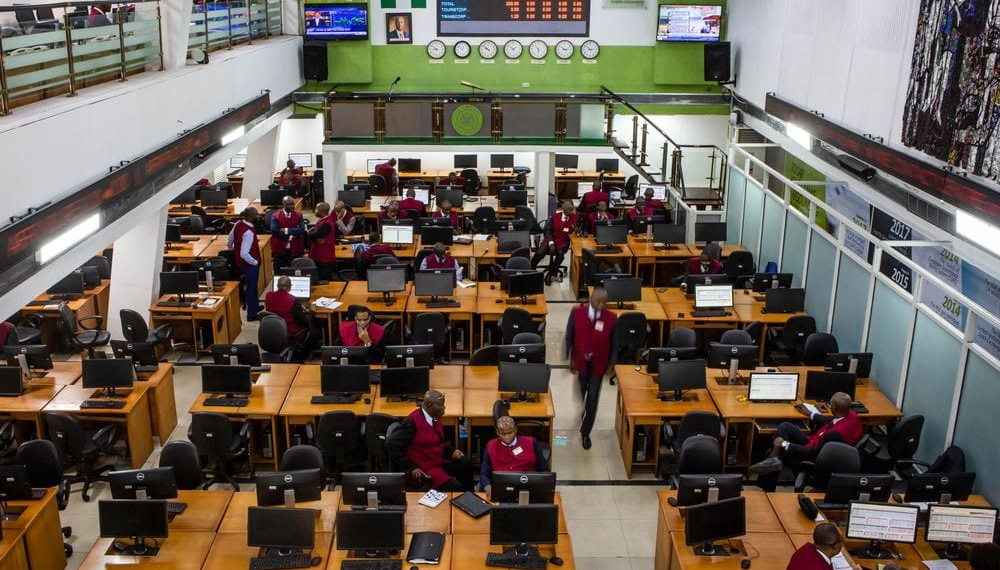
Investing in stocks can be an enticing avenue for wealth creation, but like any investment, it has its own set of challenges, risks, and opportunities, particularly in Nigeria. Here’s an in-depth look at why investing in stocks might or might not be worth it in Nigeria’s economic landscape:
Understanding the Nigerian Stock Market
-
Market Performance: Historically, the Nigerian stock market has shown volatility influenced by domestic economic policies, global market trends, and political stability. For example, the NGX All-Share Index closed the first half of 2024 at 100,057.49 points, showcasing a year-to-date return of 33.81% despite economic challenges like high inflation and currency depreciation.
-
Investment Accessibility: The advent of fintech has made investing in stocks more accessible, allowing smaller investors to participate through platforms like Bamboo, Trove, and others. These platforms offer access to both local and international markets, often with minimal investment requirements.
Advantages of Stock Investment in Nigeria
-
Potential for High Returns: Stocks in Nigeria can offer significant returns, especially during bullish market trends. Notable stocks recommended for investment in 2024 include Zenith Bank, UBA, and MTN Nigeria, known for both capital gains and dividend yields.
-
Diversification: Investing in stocks can help diversify an investment portfolio, reducing the risk associated with having all assets in one type of investment. Nigerian stocks provide an opportunity to invest in various sectors of the economy.
-
Economic Growth: As Nigeria’s economy grows, local companies can benefit, potentially increasing the value of their stocks. Sectors like fintech, oil and gas, and telecommunications are seeing significant development, which could be beneficial for investors.
-
Democratization of Investment: The rise of mobile and online trading platforms has democratized stock investment, allowing even those with limited capital to participate in the market.
Challenges and Risks
-
Market Volatility: The Nigerian stock market can be quite volatile due to economic policies, political events, and external economic shocks. For instance, historical data shows that many investors are still recovering from losses experienced during the 2007/08 global financial crisis
-
Liquidity Issues: Some stocks suffer from low liquidity, meaning they might be hard to sell quickly at a good price, which can be a significant concern for those looking to liquidate investments swiftly.
-
Regulatory and Political Risks: Changes in government policy, regulatory environments, and political stability can greatly impact stock performance. The Nigerian market has been noted for its sensitivity to these changes, which can deter potential investors.
-
Information Asymmetry: Less transparent or less comprehensive financial reporting from some companies can lead to investment decisions based on incomplete information, increasing the risk.
Strategies for Successful Investment
-
Long-term Perspective: Given the volatility, adopting a long-term investment strategy often yields better results. This approach mitigates the impact of short-term market fluctuations.
-
Diversification: Investing across different sectors and perhaps including international stocks can mitigate risks associated with domestic market swings.
-
Education and Research: A deep understanding of market fundamentals, company performance, and economic trends is vital. Platforms like Nairametrics and Bloomberg offer insights into market movements.
-
Use of Professional Services: Engaging with financial advisors or using mutual funds can provide expert guidance or managed diversification, which might not be feasible for individual investors
-
Start Small: Especially if new to the market, begin with smaller investments to learn the nuances of the market without risking significant capital.
-
Stay Informed: Keep abreast of both local and global economic news that could affect your investments.
-
Diversify: Spread investments across different sectors and possibly include foreign stocks to balance local market risks.














 and then
and then